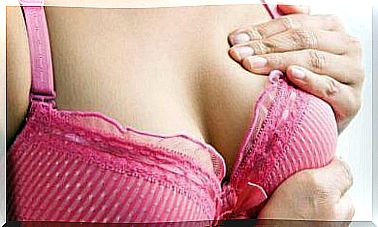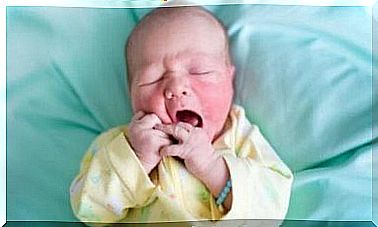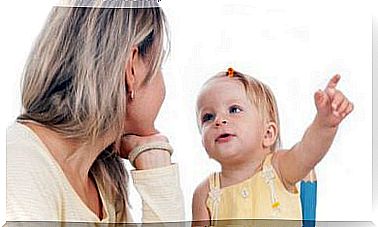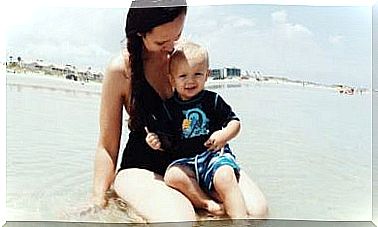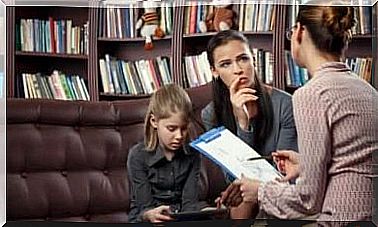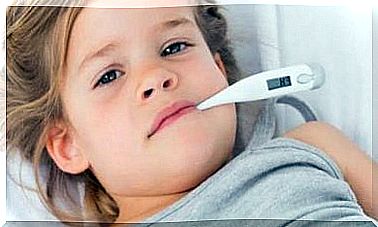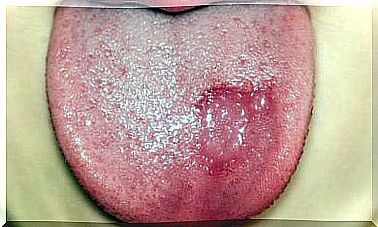Shocking Against Baby Teeth: What To Do
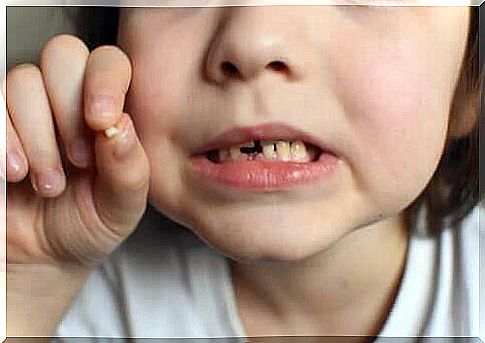
Shocks against baby teeth are quite common among children. For young children, it often has to do with a lack of balance and stability when walking. For older children, it is often their own carelessness that makes them less cautious and more prone to falls and shocks.
Impacts on baby teeth do not have the same consequences as impacts on permanent teeth. Here we tell you what to do if your child gets a shock to his first teeth.
What are baby teeth?
Milk teeth are those that appear during childhood, and they are not permanent. On average, they begin to fall out when a child is seven or eight years old.
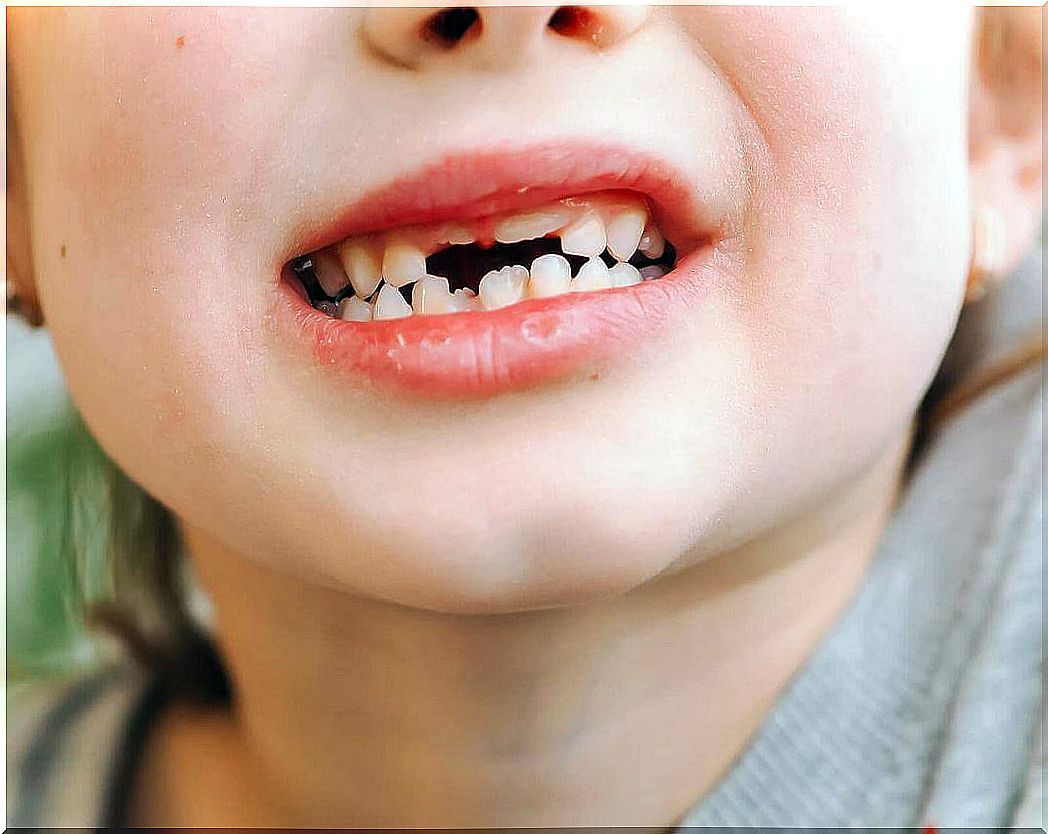
Milk teeth play a key role in chewing and speaking properly. Therefore, it is important to maintain good dental health and to visit the dentist regularly during childhood.
Bumps against baby teeth?
It is common for children to fall while still learning to walk. Young children lack sufficient stability, but even when their self-confidence improves, they can stop being cautious and therefore still stumble and fall. This often coincides with when the first teeth appear, so it is a particularly sensitive time.
At the same time, children who are older – about six or seven years – become more careless. Their play tends to be faster and less careful. They run, climb, jump. And of course, they are no longer babies, which means that parental supervision is not as intensive. Therefore, it is common for children to experience shocks, accidents and falls that, among other things, affect the teeth during this time.
The most common shocks to baby teeth occur when children run or play. Of course, it can also happen when they participate in sports.
What to do
There are many blood vessels in the mouth. Therefore, a blow to the teeth can cause great damage. It can also lead to significant bleeding which, when mixed with saliva, makes it look much worse than it is.
Therefore, the first thing you should do when your child gets a shock is to comfort and calm him or her down. Then rinse your mouth gently to assess the actual damage. At this point, there are several possible scenarios:
- All teeth are in place and are undamaged. In this case, you need to keep a close eye on them over the next few days to make sure nothing changes.
- Whole teeth may be missing. If this happens, do not try to put back any loose teeth. It can damage the underlying roots of the permanent teeth that are still developing. Just wait until the adult tooth comes out.
- Pieces of one or more teeth may have been chipped off. If you find the missing parts, wash them well and take care of them. In some cases, a dentist may reconstruct the tooth. To find out, take your child to the dentist along with the dental fragments and let the dentist assess the situation.
- All teeth are in place, but one or more of them are loose. If this happens, consult a dentist to determine the severity and whether the shock has affected the baby’s bite.
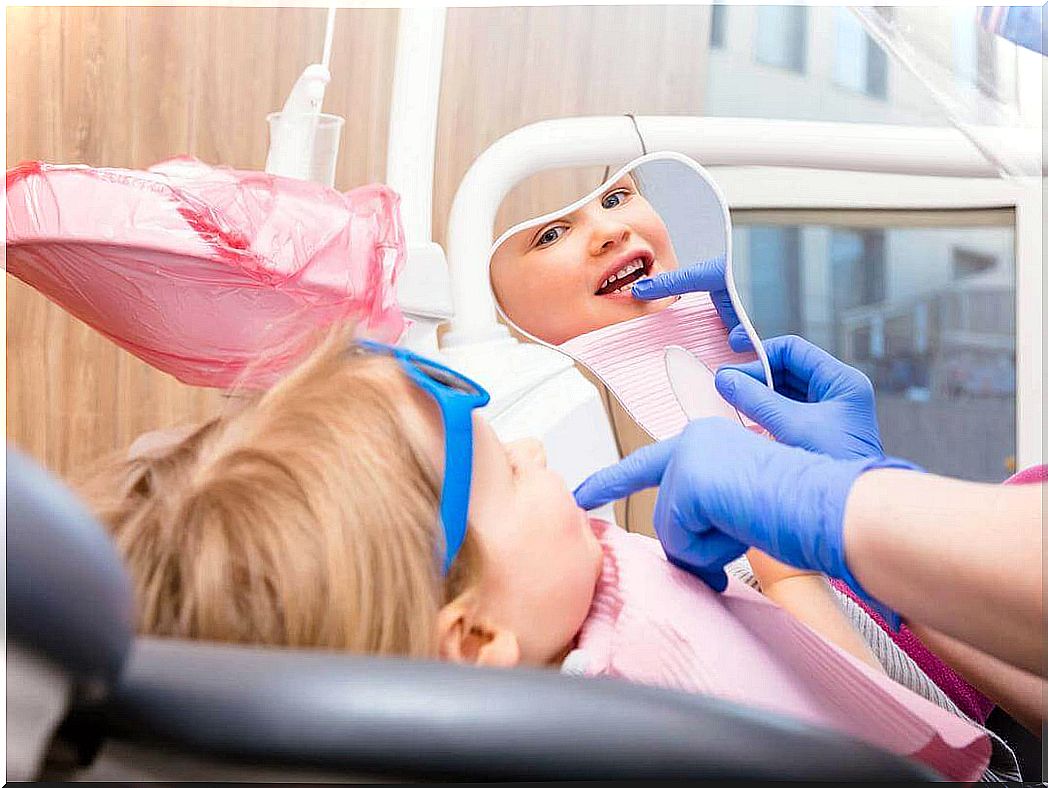
If you notice any of the above points, take your child to the dentist after inspecting your mouth. He or she can do a more basic evaluation of your child’s mouth and teeth.
Care after shocks to the baby teeth
During the days after the incident, the child may complain of pain and discomfort in the mouth, depending on the severity of the injury. So you need to make sure your child continues to have good oral hygiene, and even more careful with increased sensitivity. You can also help by giving your child a little softer food that requires less effort to chew – at least for a few days.
If the shock was severe, your dentist may recommend painkillers or in some cases antibiotics for a few days. These help reduce the pain and prevent possible infections.
What you need to know about shocks to baby teeth…
Impacts on baby teeth are very common, especially during the first year and later as children become more daring. Fortunately, in most cases the damage is not serious and the consequences are minimal.
As always, it is important to act quickly and efficiently. And of course , you should consult a dentist if you see signs that it is a more serious injury. He or she will be able to make the correct diagnosis and recommend the best treatment.
